

Tim Phillips
I love sharing my journey from being hopeless, to getting sober, to learning how to eventually be both sober and happy. to learning how to eventually be both sober and happy.

The idea of Dry January brings to mind the images of fresh starts and healthier habits. But what happens when someone commits to a month of sobriety as a license to overindulge later? On a recent New Year’s Eve cruise, I met a man who was definitely in the “license to overindulge” camp. He was enthusiastic about his plan for a dry January (which he was doing to prove to his friends that he didn’t have a drinking problem)—but equally excited for the four-day drinking binge he had planned for February 1st.
This encounter got me thinking: Is Dry January a helpful challenge for people looking to reset their relationship with alcohol, or is it just a prelude to relapse? As with many things in recovery, the answer depends on your motivations and how you approach the month.
Dry January has become a popular way to start the new year with healthier intentions. But is it a good idea for everyone? For casual drinkers, it can be a fun health challenge. For those with a more complicated relationship with alcohol, it might bring deeper issues to the surface.
In this article, we’ll explore who might benefit from participating in Dry January, who should approach it cautiously, and how to make the most of the experience if you decide to take on the challenge.
The first step to success in Dry January is understanding why you’re doing it. Are you trying to reset after overindulgence during the holiday? Are you questioning your relationship with alcohol? Or are you, like my cruise companion, trying to prove something to others?
For those with a problematic relationship with alcohol, using Dry January as a way to justify future binge drinking is counterproductive. Instead, approach the month as an opportunity for self-discovery. Pay attention to how often you think about alcohol and how those thoughts affect your mood.
Key Question: What does success in Dry January look like for you?
One of the biggest misconceptions about sobriety is that it’s boring. This myth often stems from spending time focused solely on not drinking rather than engaging in meaningful activities.
Take this month as a chance to explore interests that may have been sidelined by drinking. Whether it’s picking up an old hobby, trying something new, or reconnecting with loved ones, use the time to build a fulfilling life that doesn’t revolve around alcohol.
Action Step: Make a list of “someday” activities you’ve been putting off and commit to trying at least one this month.
Sobriety isn’t just about what you’re giving up; it’s about what you’re gaining. Think about the areas in your life where alcohol has held you back. Are there relationships that need mending? Are there career goals you’ve neglected?
Focus on the benefits of sobriety that matter most to you. For some, it might be improved health or better sleep. For others, it’s about repairing relationships or regaining self-respect.
Action Step: Journal about the positive changes you notice during Dry January and how those changes make you feel.
Journaling is a powerful tool for self-reflection during Dry January. It doesn’t have to be complicated—just write down your thoughts and feelings daily. Pay attention to patterns, triggers, and moments of clarity.
Your journal will be invaluable when the month ends, helping you assess what worked, what didn’t, and whether returning to drinking aligns with the life you want to create.
Action Step: Spend 5–10 minutes daily writing about your experience, even if it’s just a few sentences.
Before reaching for that first drink in February, take time to reflect on the month. Look back at your journal and ask yourself:
Ultimately, ask yourself whether it’s worth it to go back to drinking, and be honest with your answer.
Dry January can be a helpful reset or a revealing experiment, depending on how you approach it. By using the month to explore your relationship with alcohol, engage in meaningful activities, and reflect on your experiences, you can gain insights beyond a temporary break.
For those questioning whether drinking is holding them back, Dry January might be the first step toward a lasting positive change.
Are you considering Dry January, or are you already partway through it? Make the most of the experience by listening to this week’s episode of The Sober and Happy Podcast. We dive deeper into practical tips and strategies for navigating the month and beyond.

I love sharing my journey from being hopeless, to getting sober, to learning how to eventually be both sober and happy. to learning how to eventually be both sober and happy.




Join our mailing list to receive the latest news and updates from our team.

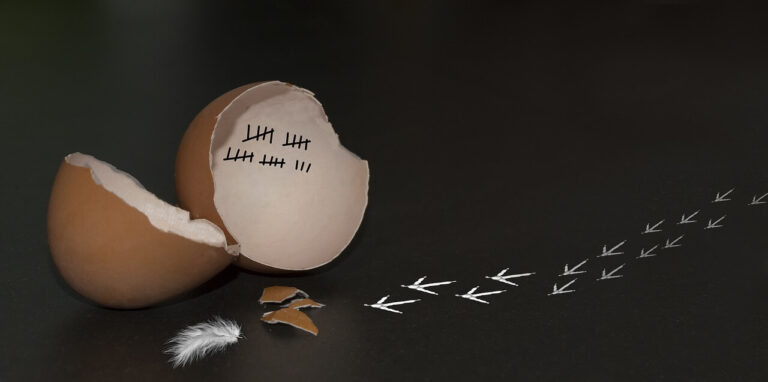

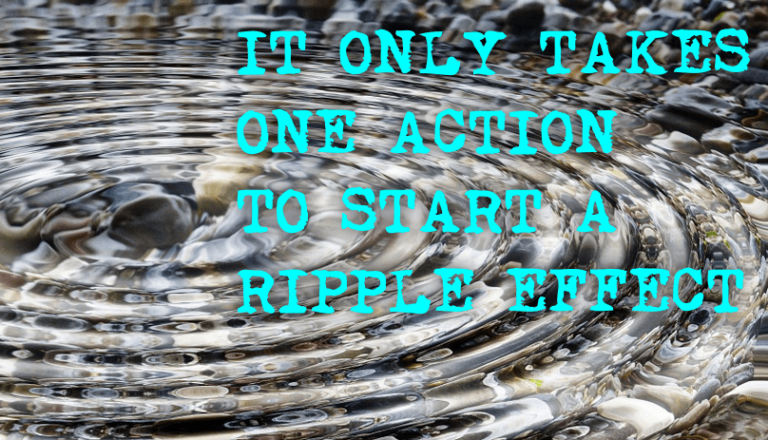
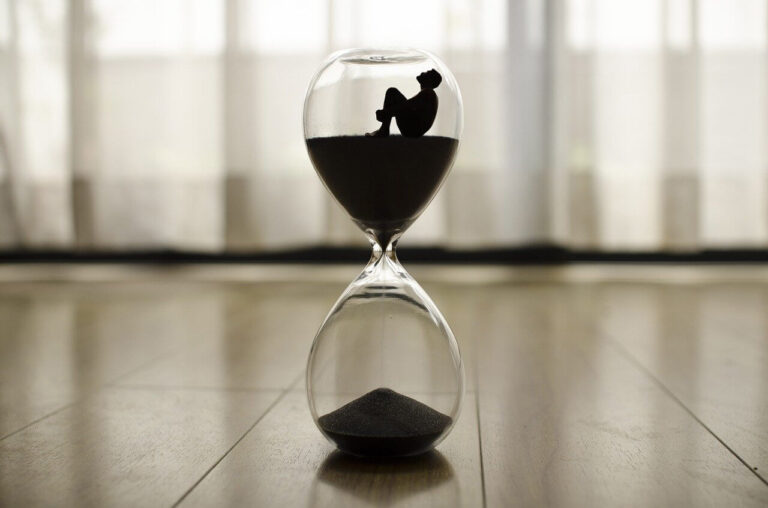
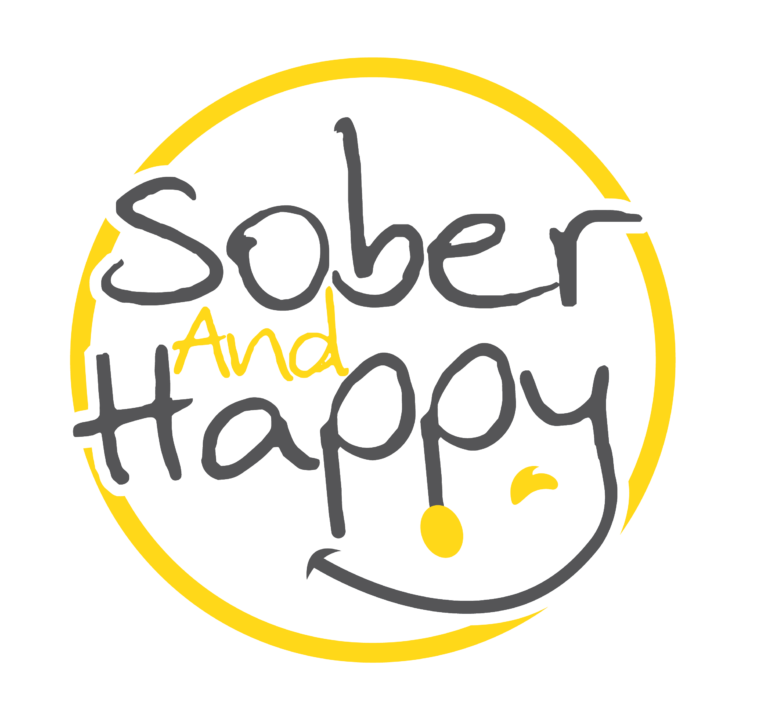
Copyright © 2023 by Sober and Happy. All rights reserved.
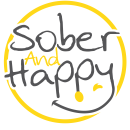
Join our mailing list to receive the latest news and updates from our team.